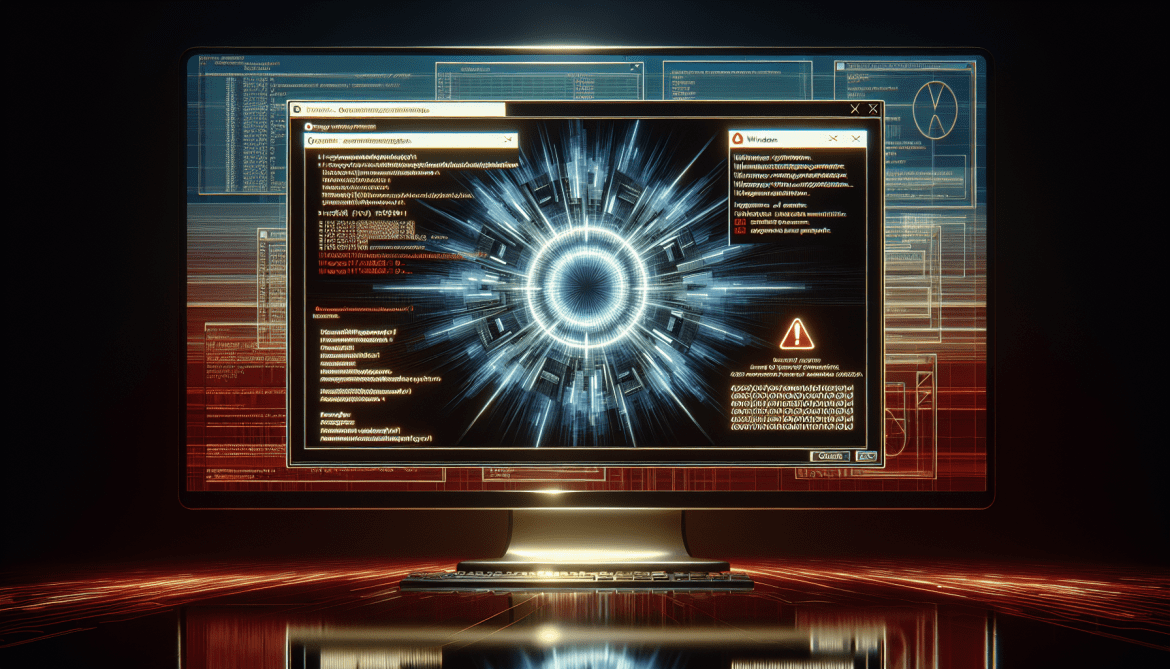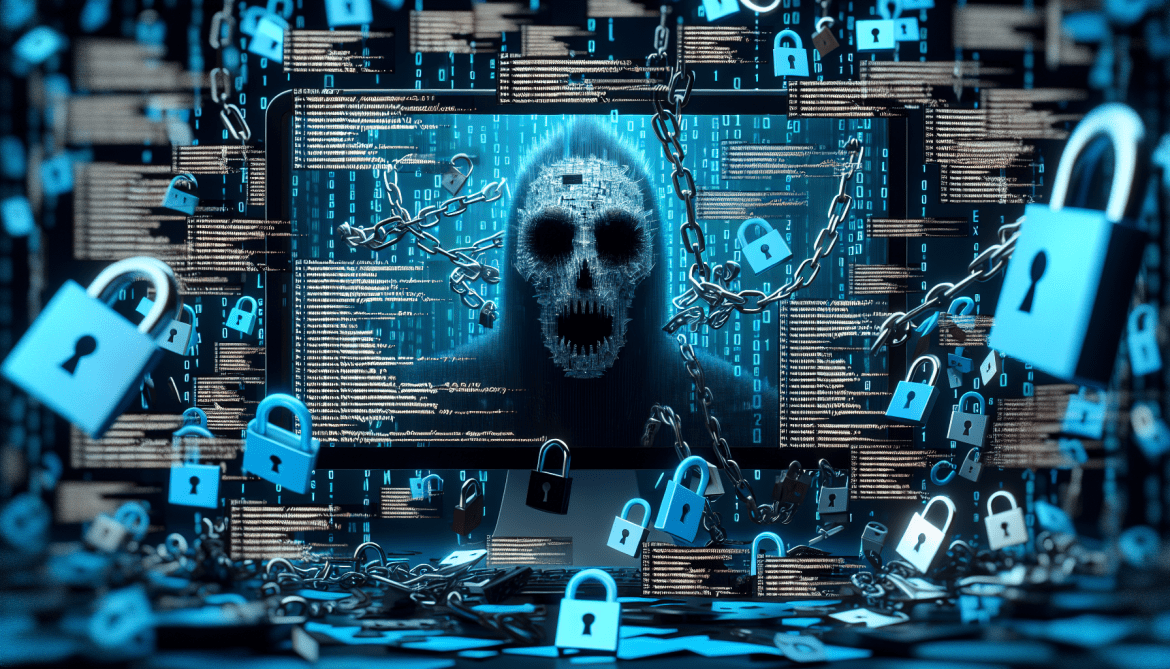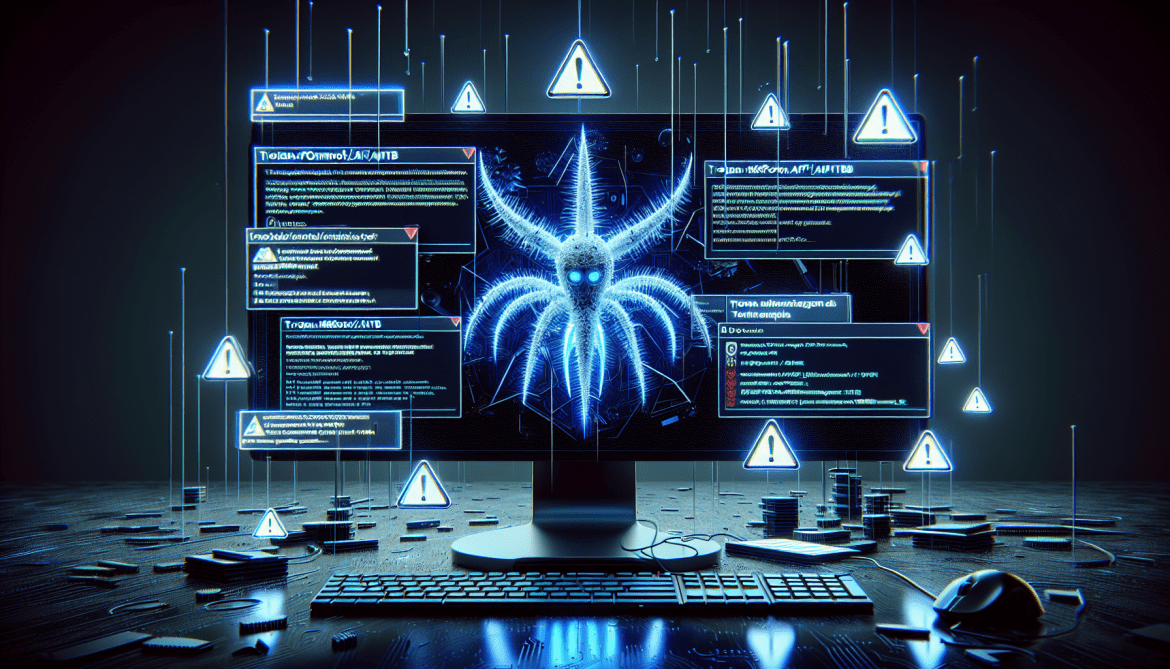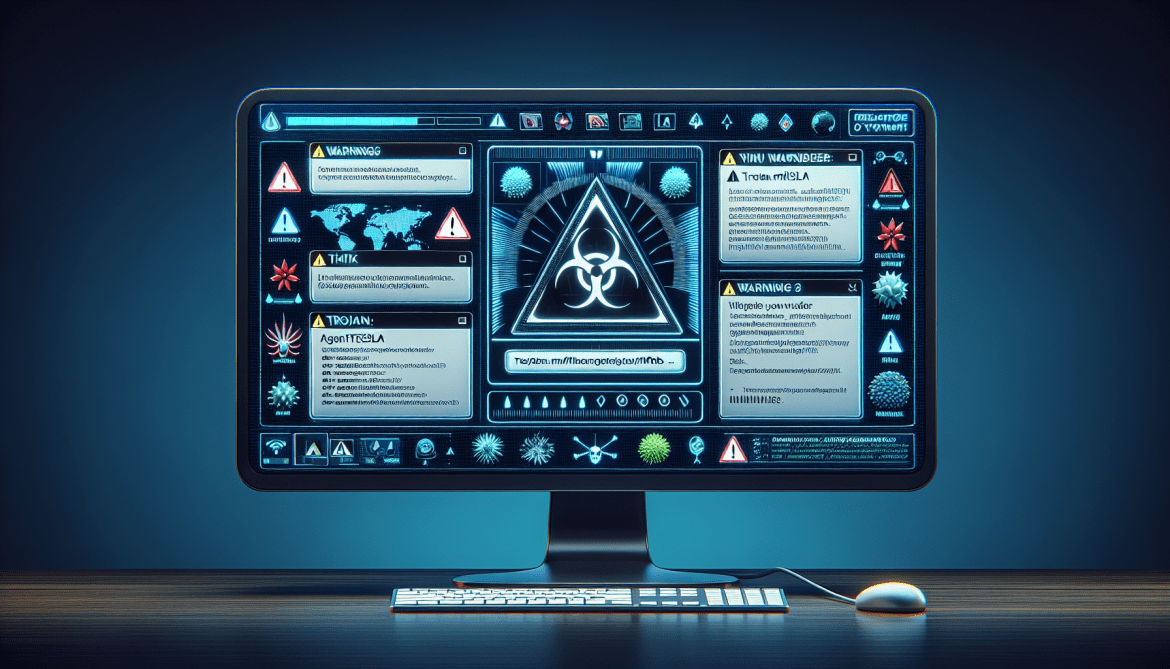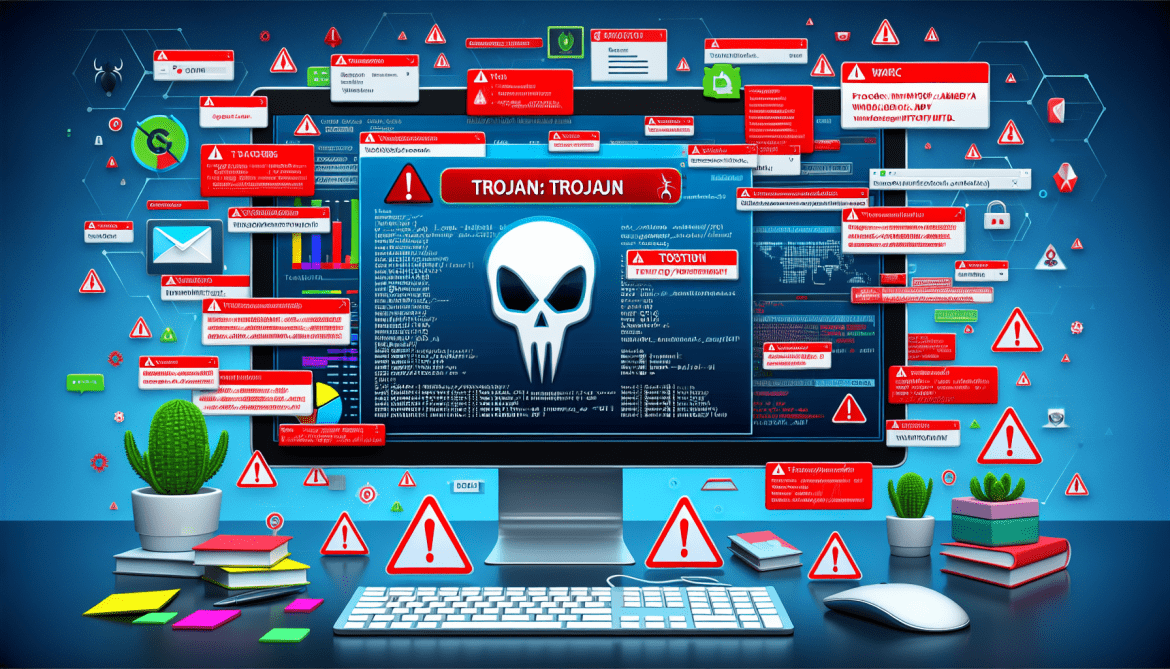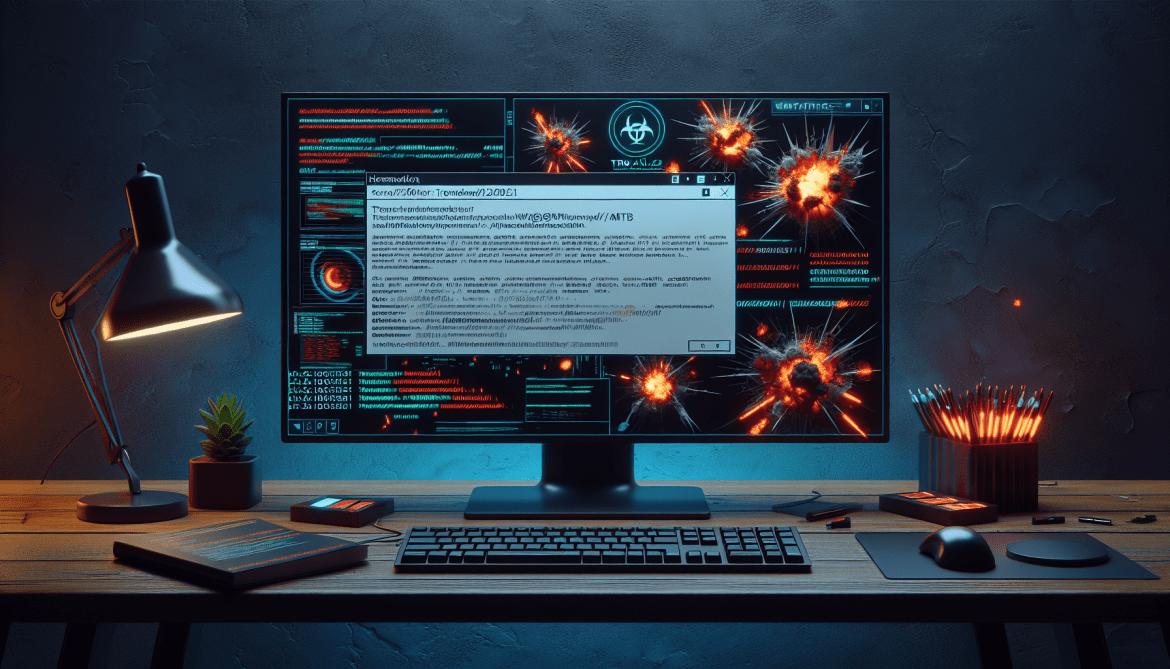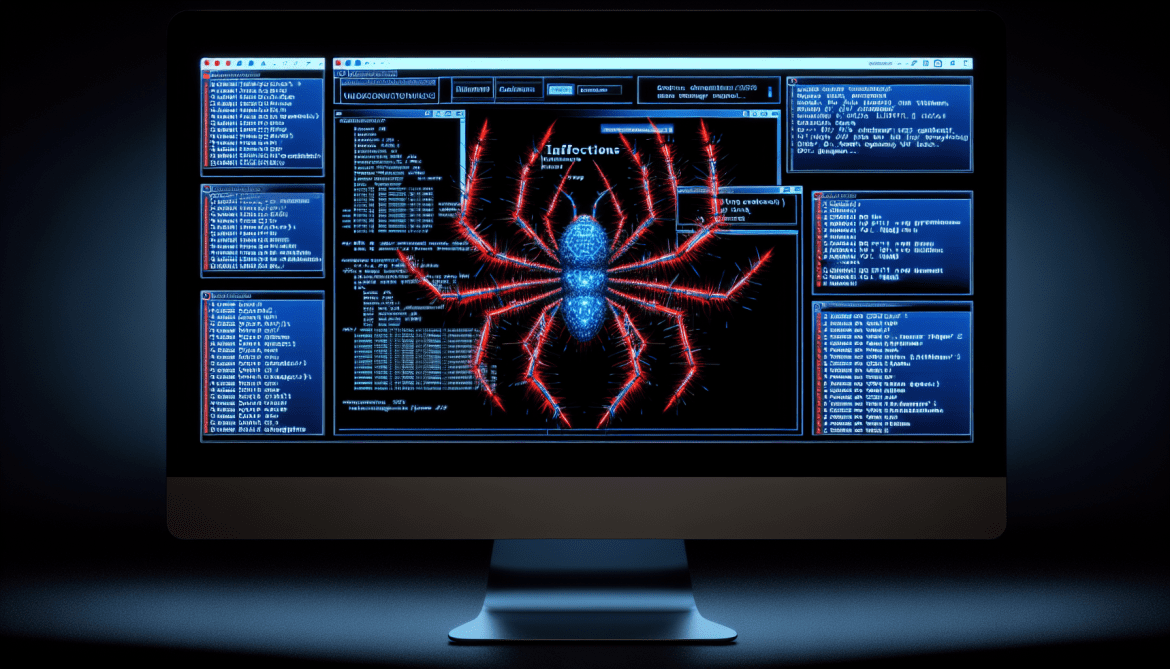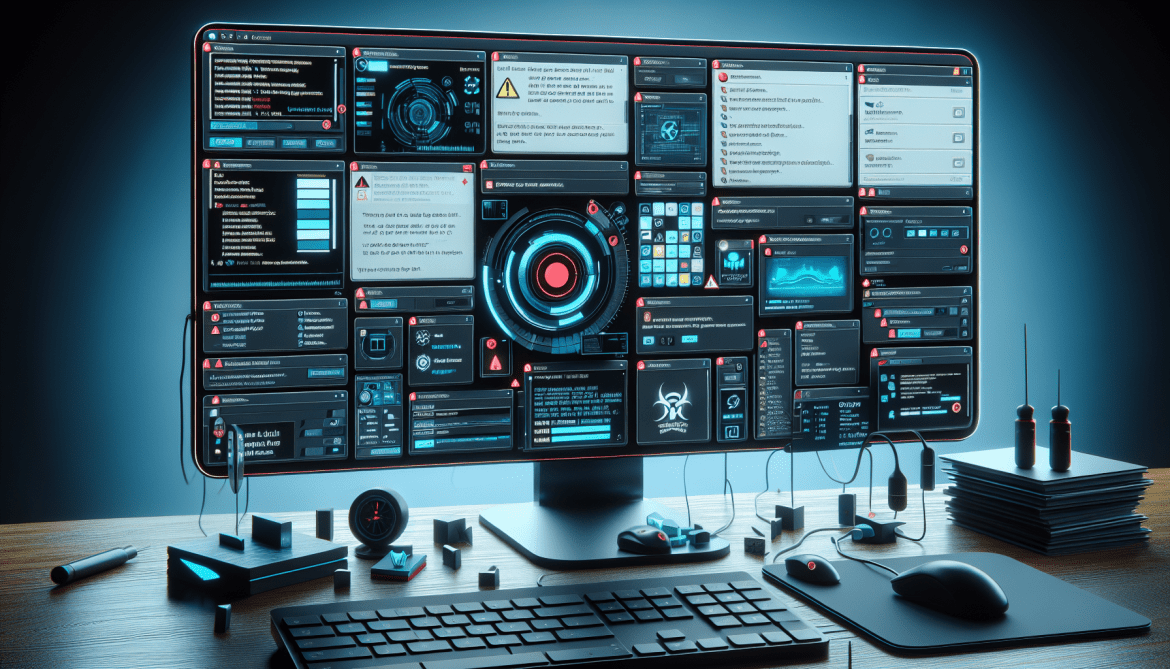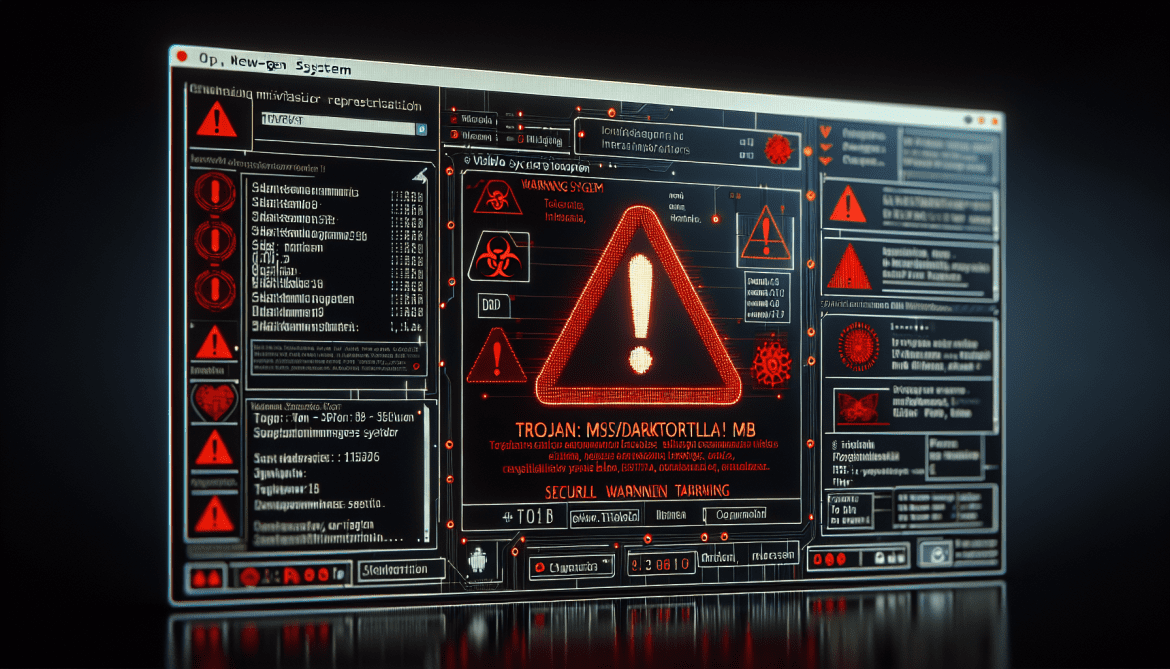Trojan:Win32/Registryexfil is a type of malware that is designed to steal sensitive information from the Windows registry of an infected computer. This information can include usernames, passwords, credit card numbers, and other personal data.
Trojan:Win32/Registryexfil can infect computers through various methods, including malicious email attachments, infected websites, and software downloads. Once installed on a computer, the trojan will run in the background and quietly steal information from the Windows registry without the user’s knowledge.
To protect against Trojan:Win32/Registryexfil and other malware, users should ensure that their antivirus software is up to date, avoid clicking on suspicious links or downloading files from unknown sources, and regularly scan their computers for malware.

